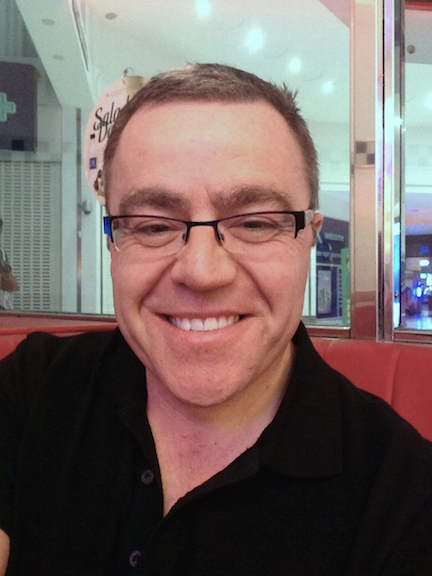Cork, Ireland, 2016: Seamus Martin

Seamus Martin began working on apoptosis as a young PhD student in the late 1980s and was so captivated by this process that he has continued to work on cell death ever since. His early work in Tom Cotter’s lab in Ireland explored the nature of the triggers that could promote apoptosis (which in those days were thought to be few and far between) and he quickly found that many standard chemotherapeutic drugs promoted this process, and also that the ‘death machinery’ was constitutively present in most cells, which was very much against the dogma at that time. His subsequent post-doctoral training periods in the laboratories of Ivan Roitt at UCL, London and Doug Green at La Jolla, California, saw Seamus working on many aspects of cell death control, including how HIV induces apoptosis, how caspases coordinate cell death, and devising a cell-free approach for studying mammalian apoptosis. He has made a number of key contributions to the field including: introduction of the annexin V-labeling method, which has become the gold standard for measuring apoptosis, unraveling the cytochrome c and granzyme B-initiated caspase activation cascades, identification of multiple caspase substrates, and the recent discovery that ‘death receptors’ Fas and TRAIL can also promote inflammation that may be exploited by certain cancers. His current passion is exploring the molecular connections between cell death and inflammation and identifying the key drivers of sterile inflammation.
Seamus also lectures extensively at Trinity College in Dublin, where he holds the endowed Chair of Medical Genetics, he has co-written the past three editions of the best-selling Immunology textbook ‘Essential Immunology’, and is Editor-in-Chief of The FEBS Journal. He has received several awards for his work including The GlaxoSmithKline Award of The Biochemical Society UK (2006) and The Boyle Medal (2014) and was elected to the Royal Irish Academy in 2006, the European Molecular Biology Organisation (EMBO) in 2009 and is president-elect of the European Cell Death Organization (ECDO).

Recent Comments